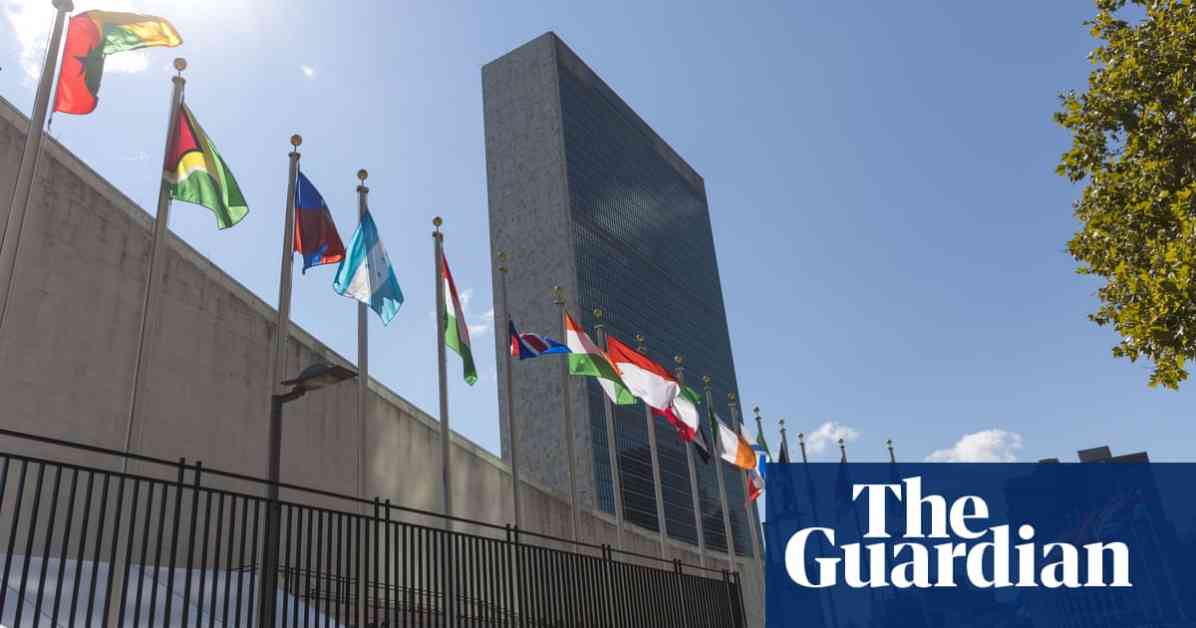The 79th United Nations General Assembly is set to commence on Tuesday morning amidst escalating tensions in the Middle East, particularly in southern Lebanon where Israel and Hezbollah are on the brink of all-out war. Despite diplomatic efforts to ease the conflict, Israeli bombardment in southern Lebanon has resulted in casualties and displacement.
Diplomats have been engaged in bilateral and ministerial meetings on a range of global issues ahead of what the UN describes as the “Super Bowl of global diplomacy.” However, the ongoing violence in Lebanon has overshadowed the diplomatic proceedings, with Lebanese Prime Minister Najib Mikati calling for international intervention to deter Israeli aggression.
Israeli Prime Minister Benjamin Netanyahu’s government claims that the escalation is aimed at pressuring Hezbollah into negotiations. While some of Israel’s allies, including the US, have expressed muted criticism, questions remain about the diplomatic efforts to address the conflict. Netanyahu’s attendance at the General Assembly is uncertain, as he may choose to remain in Israel to manage the situation.
The United Nations Interim Force in Lebanon (Unifil) has expressed grave concern for the safety of civilians in southern Lebanon and condemned the attacks that could amount to war crimes. Efforts are being made to reduce tensions and protect civilians in the region, where a ceasefire is being monitored by UN peacekeepers.
The General Assembly will also feature the last address by US President Joe Biden, who has been actively involved in seeking a resolution to the Gaza conflict. Despite efforts to broker a ceasefire and facilitate peace talks, the situation in the Middle East remains volatile, with rising tensions and strained relations between the US, Israel, and other regional actors.
As world leaders converge at the UN summit, discussions are expected to focus on various global challenges, including reform initiatives within the Security Council. However, divisions among permanent members, particularly Russia and China, may hinder progress on key reforms.
The international community is closely watching developments in the Middle East and hoping for a peaceful resolution to the conflicts that have plagued the region for decades. The General Assembly presents an opportunity for leaders to engage in dialogue, address pressing issues, and work towards a more peaceful and stable world.

